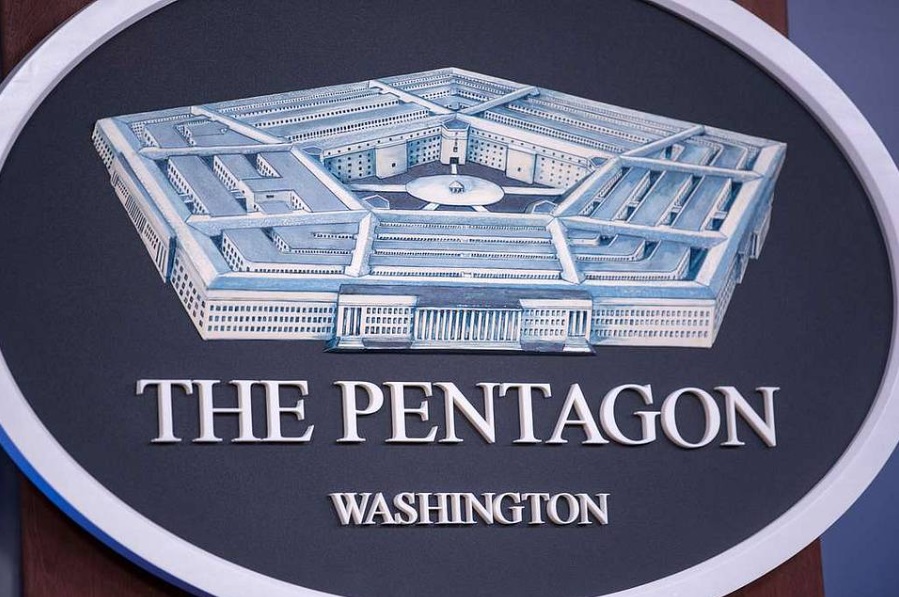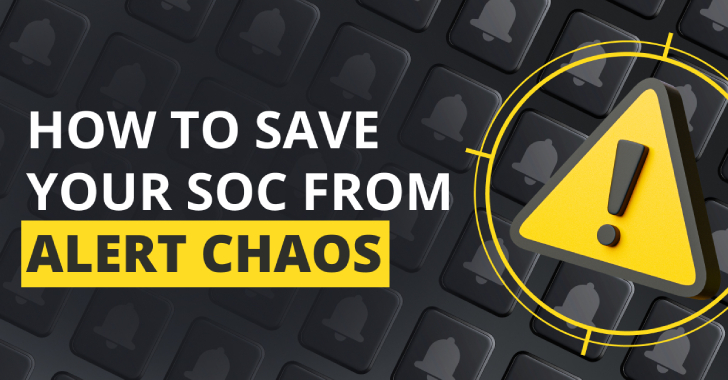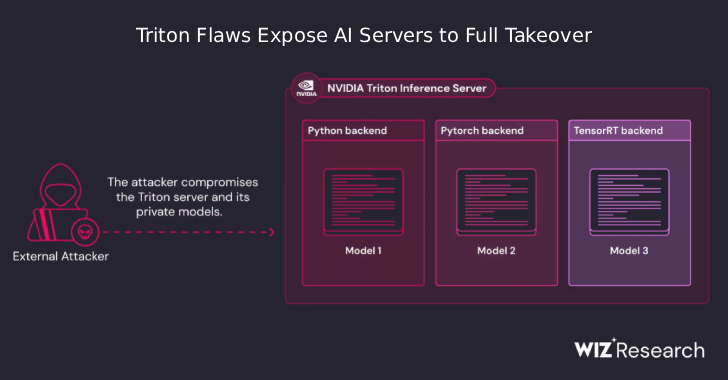CMMC 2.0 is Official: What the Final Rule Means for Defense Contractors
The DoD Tightens Cybersecurity Requirements—Here’s What You Need to Know
It’s official!
The Department of Defense has just published the final rule for the Cybersecurity Maturity Model Certification (CMMC) 2.0. If you’re part of the defense industrial base, this will impact you—big time.
The Department of Defense is tightening the reins on cybersecurity for defense contractors. The CMMC final rule, which officially dropped on October 15, 2024, brings stricter requirements for anyone working with the DoD. If you’re in the game, get ready to jump through more hoops than a circus poodle—because securing that sensitive government data just got a whole lot more serious.
Let’s break it down step-by-step.
- What is CMMC, and Why Should You Care?
The CMMC program was created to ensure that companies handling sensitive Federal Contract Information (FCI) and Controlled Unclassified Information (CUI) have adequate cybersecurity protections in place. Think of it as a security checkpoint to keep defense data out of the hands of bad actors.
With CMMC 2.0, companies will need to meet varying levels of cybersecurity requirements depending on the nature of the work and the type of information they handle. The stakes are high—without meeting these requirements, companies won’t be eligible for contracts with the DoD.
- CMMC 2.0: The Major Changes
This isn’t the first time we’ve seen CMMC, but the 2.0 version introduces some important updates. Here are the key changes outlined in the final rule:
- Simplified Structure: CMMC 2.0 has streamlined the levels of certification from five down to three, making it easier to understand and implement.
- Self-Attestation: For lower-risk contracts, contractors can self-attest to their cybersecurity compliance. However, for higher levels of security, third-party assessments will still be required.
- Phased Rollout: While the final rule will be published soon, it won’t take effect immediately. The DoD plans a phased rollout over several months to allow companies time to prepare.
The ultimate goal? To ensure that contractors are consistently meeting cybersecurity standards while reducing the burden of compliance.
- What Happens Next?
The rule will officially take effect incrementally after its publication, giving defense contractors time to digest the changes. However, the DoD has indicated that the rollout of CMMC 2.0 requirements into contracts will happen gradually. This means you should prepare now to ensure your cybersecurity practices align with the new standards.
The DoD is prioritizing high-value contracts that handle critical and sensitive data. But don’t get too comfortable if you think you’re handling “low-risk” contracts—all contractors will need to meet some level of compliance.
- Why This Matters for You
If you’re a contractor in the defense industrial base, this rule isn’t just more red tape—it’s your ticket to stay in the game. Failing to meet CMMC requirements means you could be disqualified from bidding on contracts. The DoD is no longer accepting half-measures when it comes to cybersecurity, and neither should you.
In short, the upcoming final rule for CMMC 2.0 is a wake-up call for defense contractors to get serious about cybersecurity. Whether you’re handling high-value sensitive data or working on a low-risk project, these new rules will affect you. Now’s the time to audit your cybersecurity practices, tighten up your systems, and ensure you’re ready for the rollout.
Need help navigating CMMC or other compliance frameworks like FedRAMP? At Cyber Defense Advisors (CDA), we specialize in guiding organizations through the maze of cybersecurity regulations. From CMMC to FedRAMP, we help ensure your systems are secure, compliant, and ready for the future.
Contact us today to schedule a consultation and let us help you stay ahead of these critical requirements.






